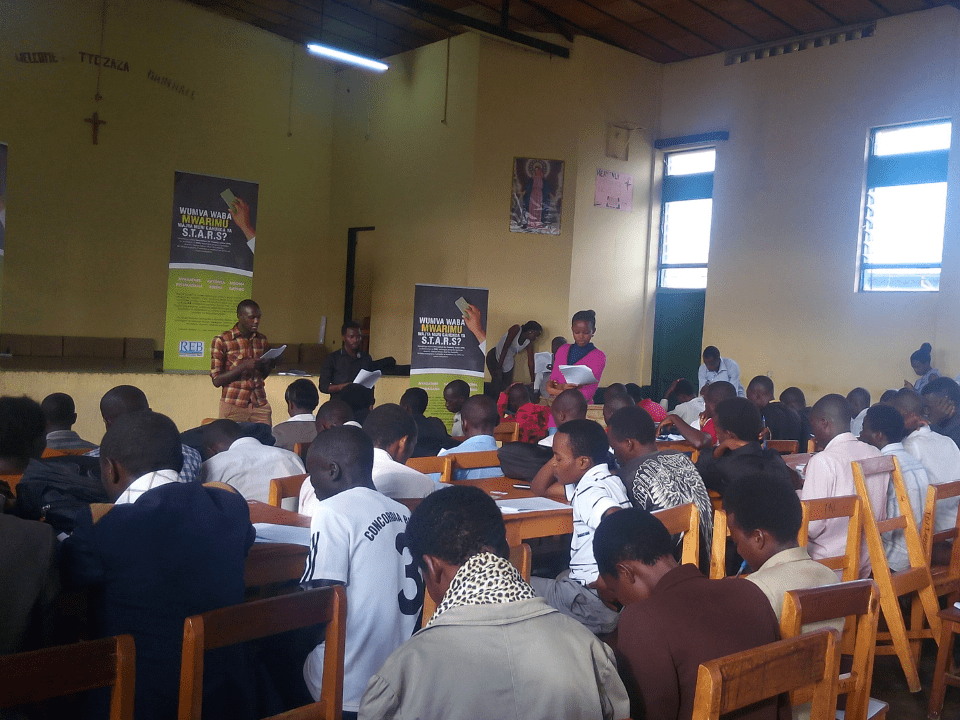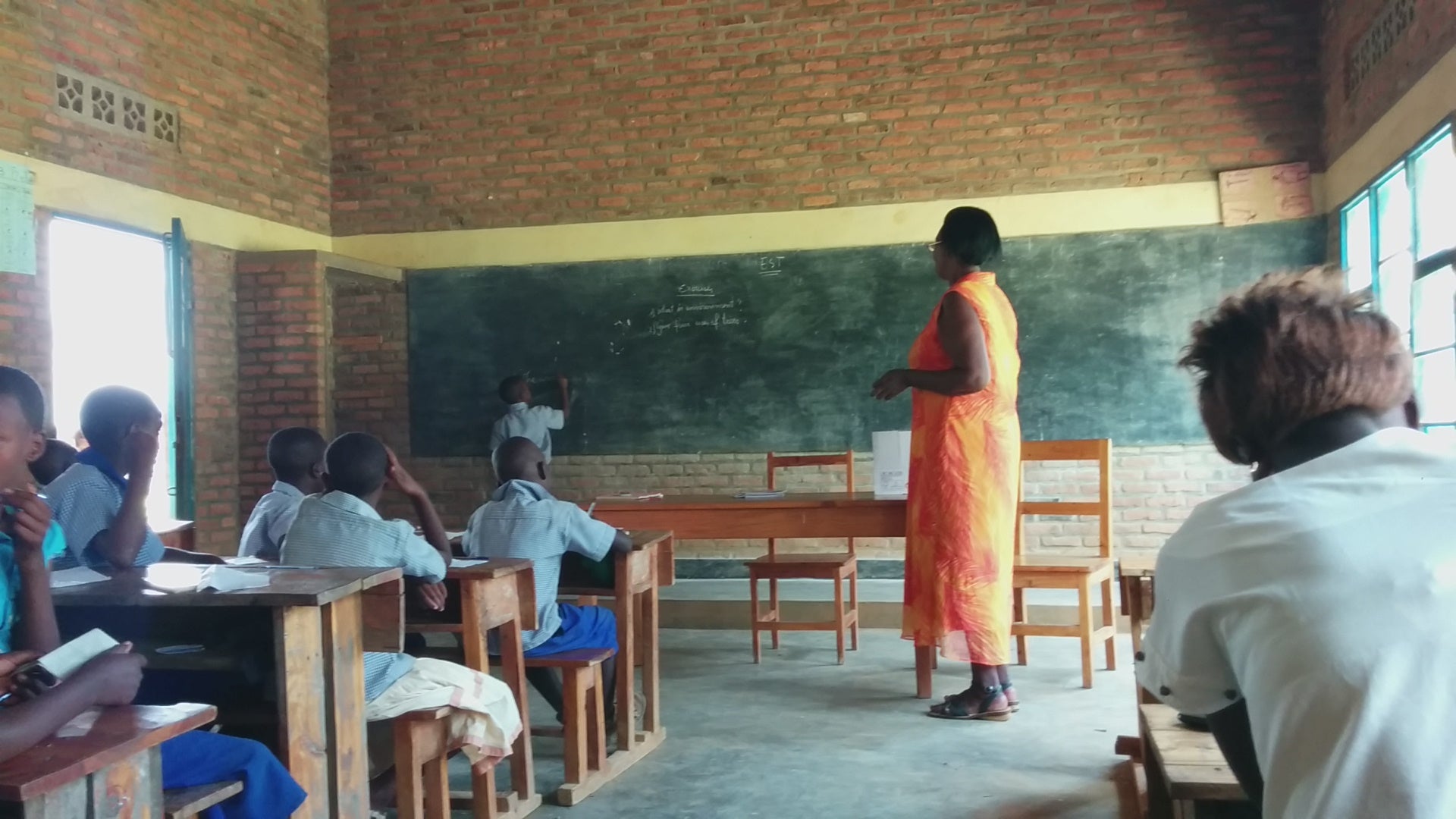McCourt School’s development research center awarded $1.5M by USAID, $3M by FID
Supported by new grant funding, McCourt Assistant Professor Andrew Zeitlin and fellow researchers will assist Rwanda’s Ministry of Education to scale a teacher incentive program to reach more than 370,000 students.
While school enrollment rates increase annually, the availability of qualified teachers is not keeping pace, resulting in below-grade learning levels. Policies that can improve teacher recruitment, motivation, and retention have strong potential to substantially improve learning outcomes. To improve teacher recruitment, motivation, and retention in Rwanda, Georgetown University’s Initiative on Innovation, Development, and Evaluation (gui2de), jointly convened by the Economics Department and the McCourt School of Public Policy, partnered with the Ministry of Education and the Rwanda Education Board (REB), as well as academic partners at Innovations for Poverty Action, the University of Oxford, the University of East Anglia, and Williams College. Together, they developed and tested a pay-for-performance (P4P) contract that rewards the top 20 percent of participating Rwandan teachers with bonuses.

In a randomized controlled trial, Supporting Teacher Achievement in Rwandan Schools (STARS) delivered annual learning gains equivalent to an additional year of status-quo learning in English and two years of learning in math without increasing overall teacher salary costs. With .5M in funding from Development Innovation Ventures (DIV) and an additional M from the Fund for Innovation in Development (FID), Georgetown and its partners, led by McCourt School of Public Policy researcher Andrew Zeitlin , will assist Rwanda’s Ministry of Education to scale STARS to one third of primary school districts — reaching more than 370,000 students during the grant period — and conduct A/B tests on different incentive combinations to ensure that pay-for-performance contracts are effective at scale and determine which model works best.
Research funding will also support Georgetown to partner with Innovations for Poverty Action to evaluate the impact of the P4P contract on students’ learning outcomes and teacher recruitment efforts, while shedding light on delivery bottlenecks. DIV’s support to STARS is in cooperation with France’s Fund for Innovation in Development (FID), which will contribute to governance, data and implementation through government systems. DIV and FID funding for STARS will ensure this contract is optimized for at-scale implementation, and allow policymakers and the development community to determine what kinds of teacher incentives and contracts are most effective in this and other contexts.
